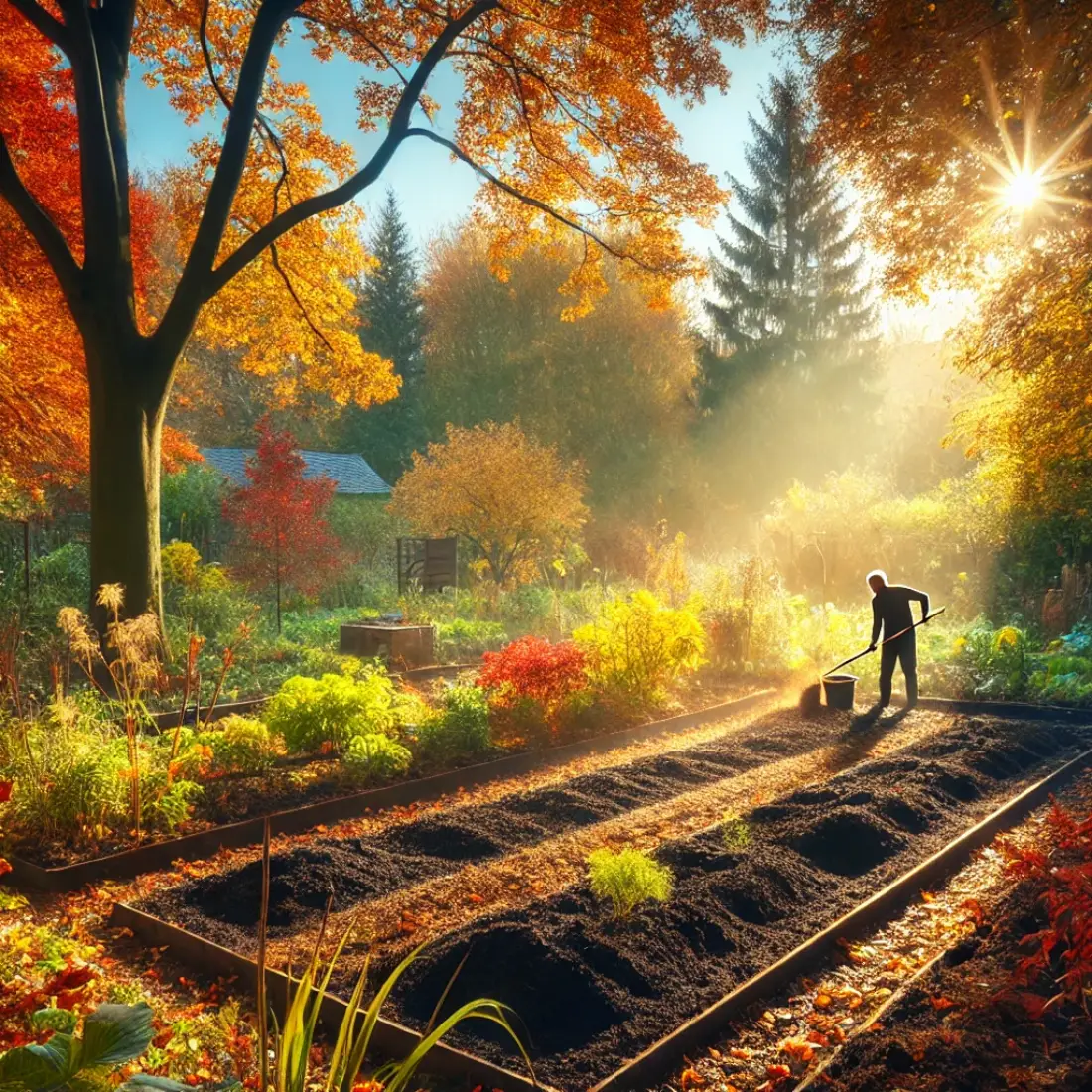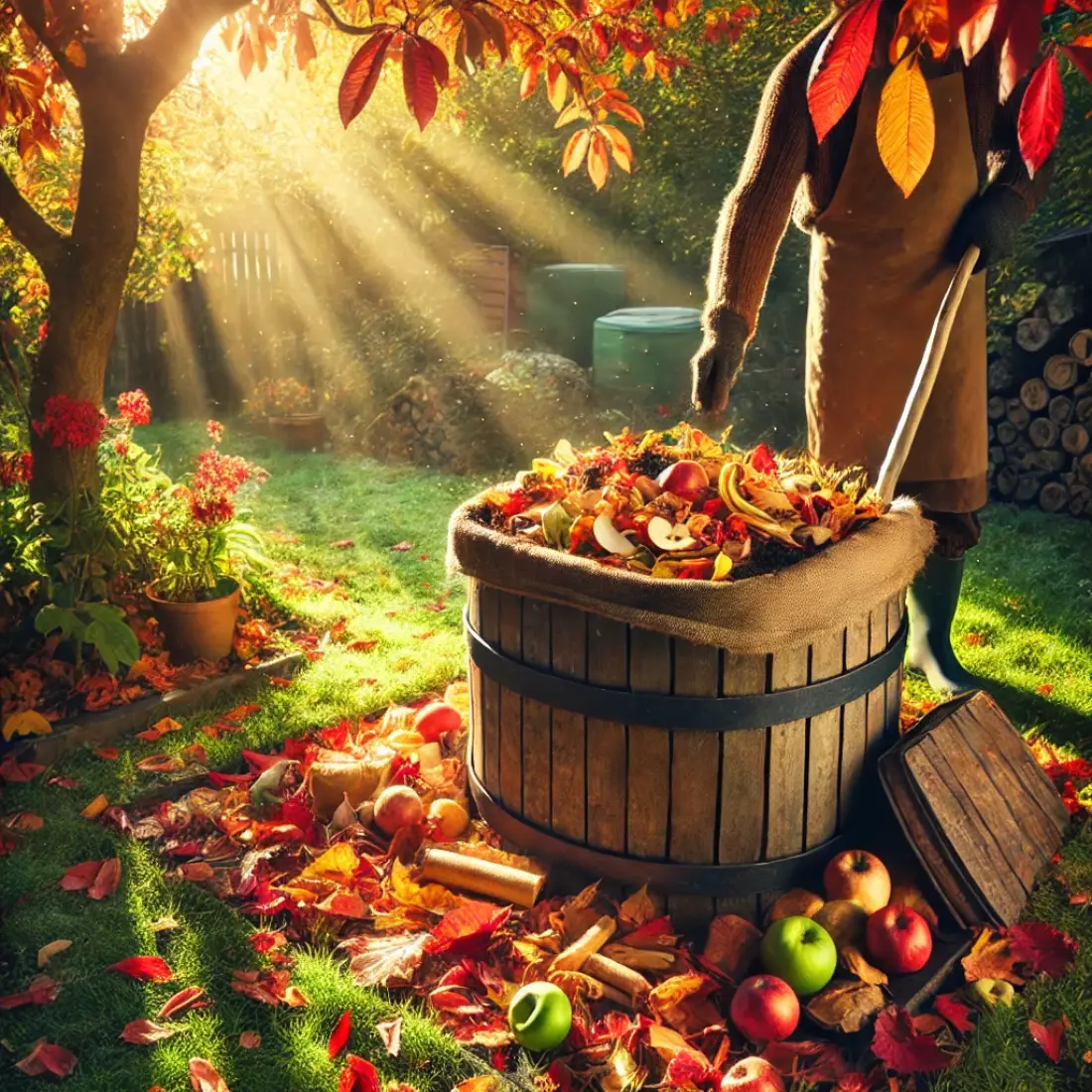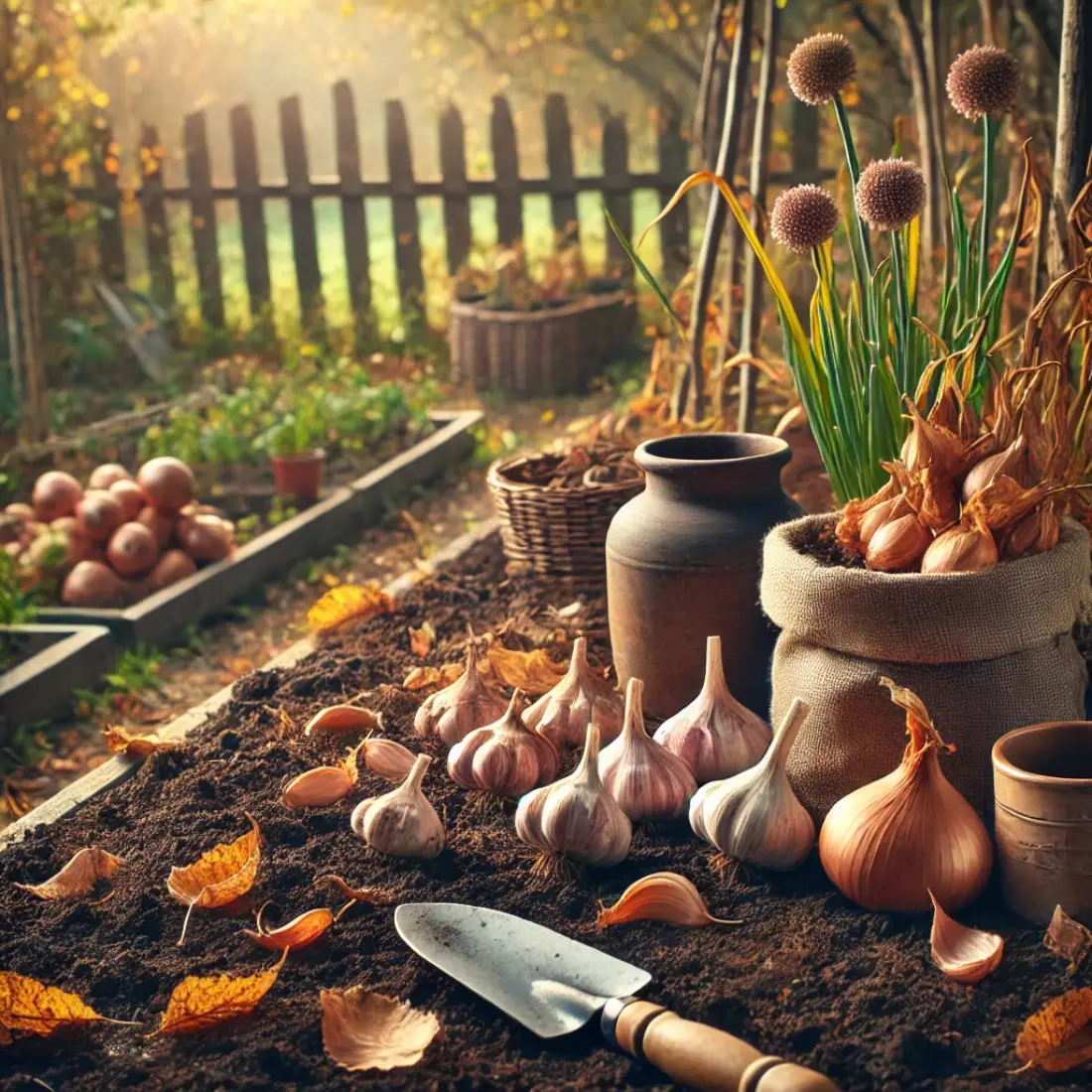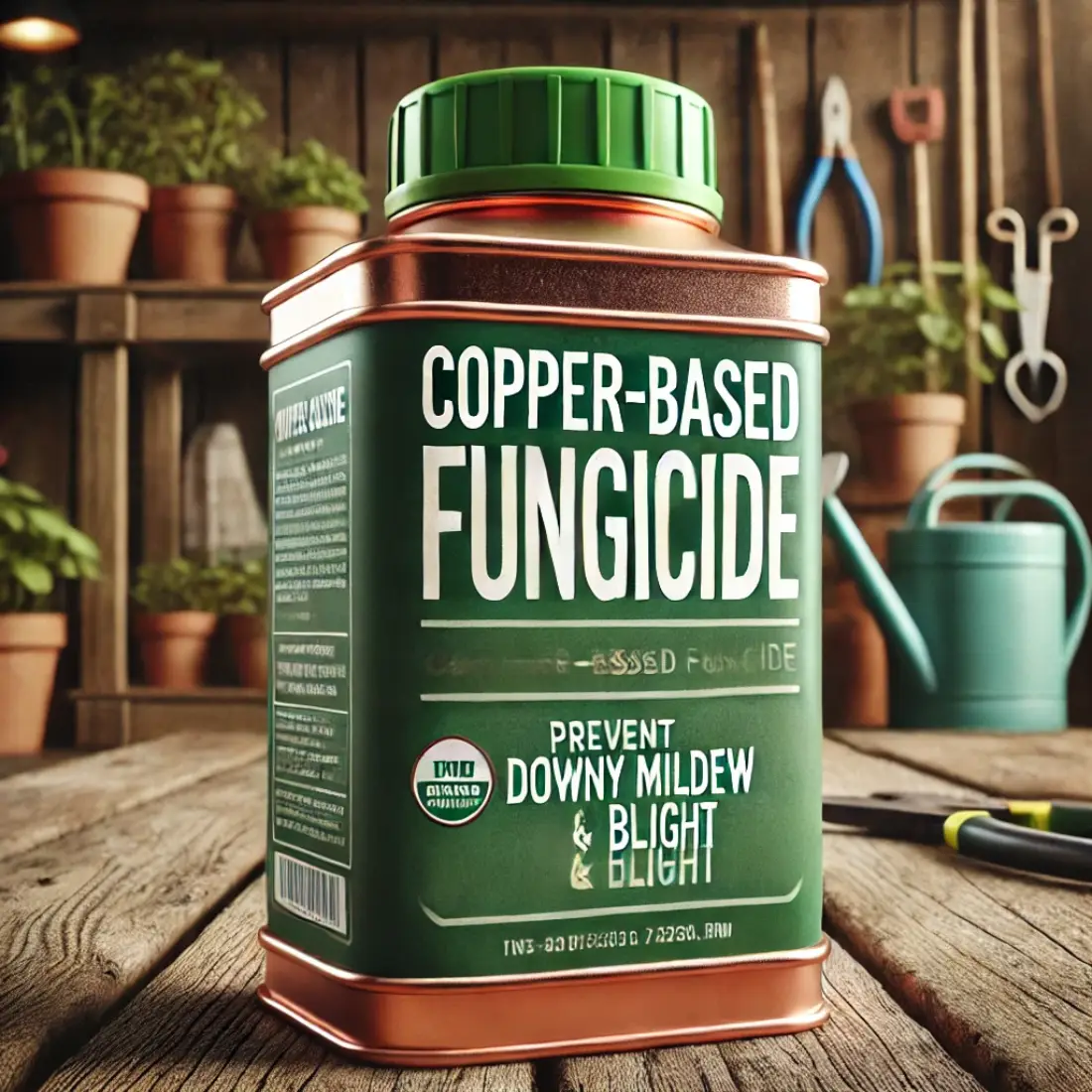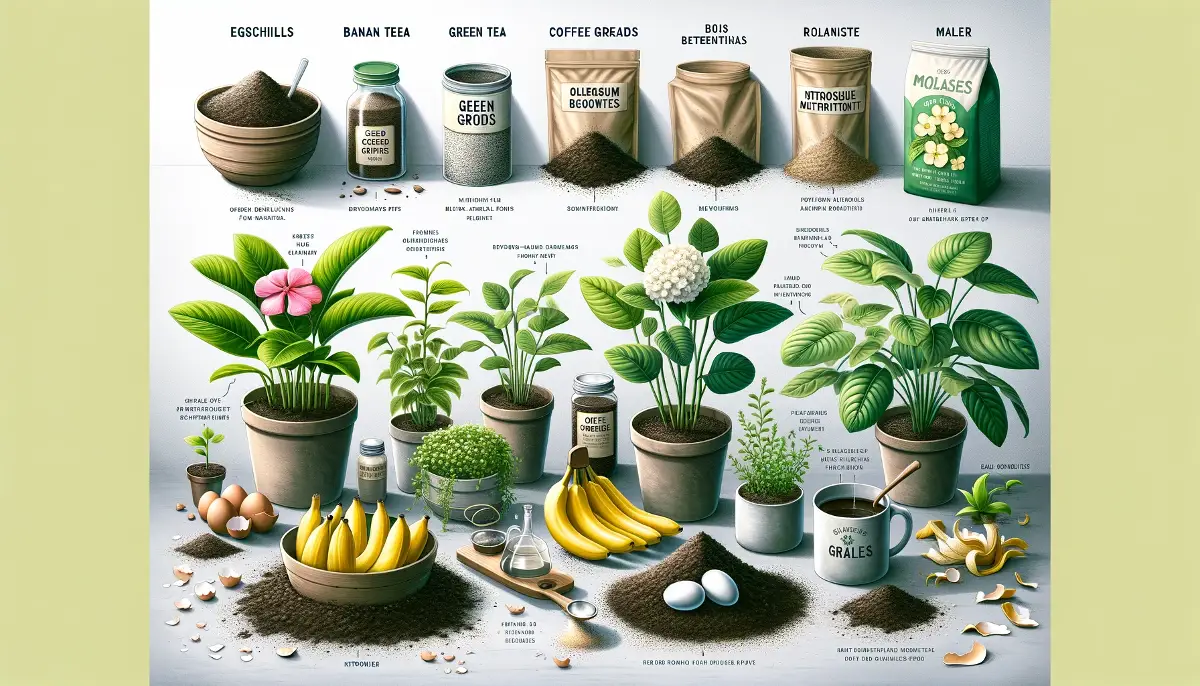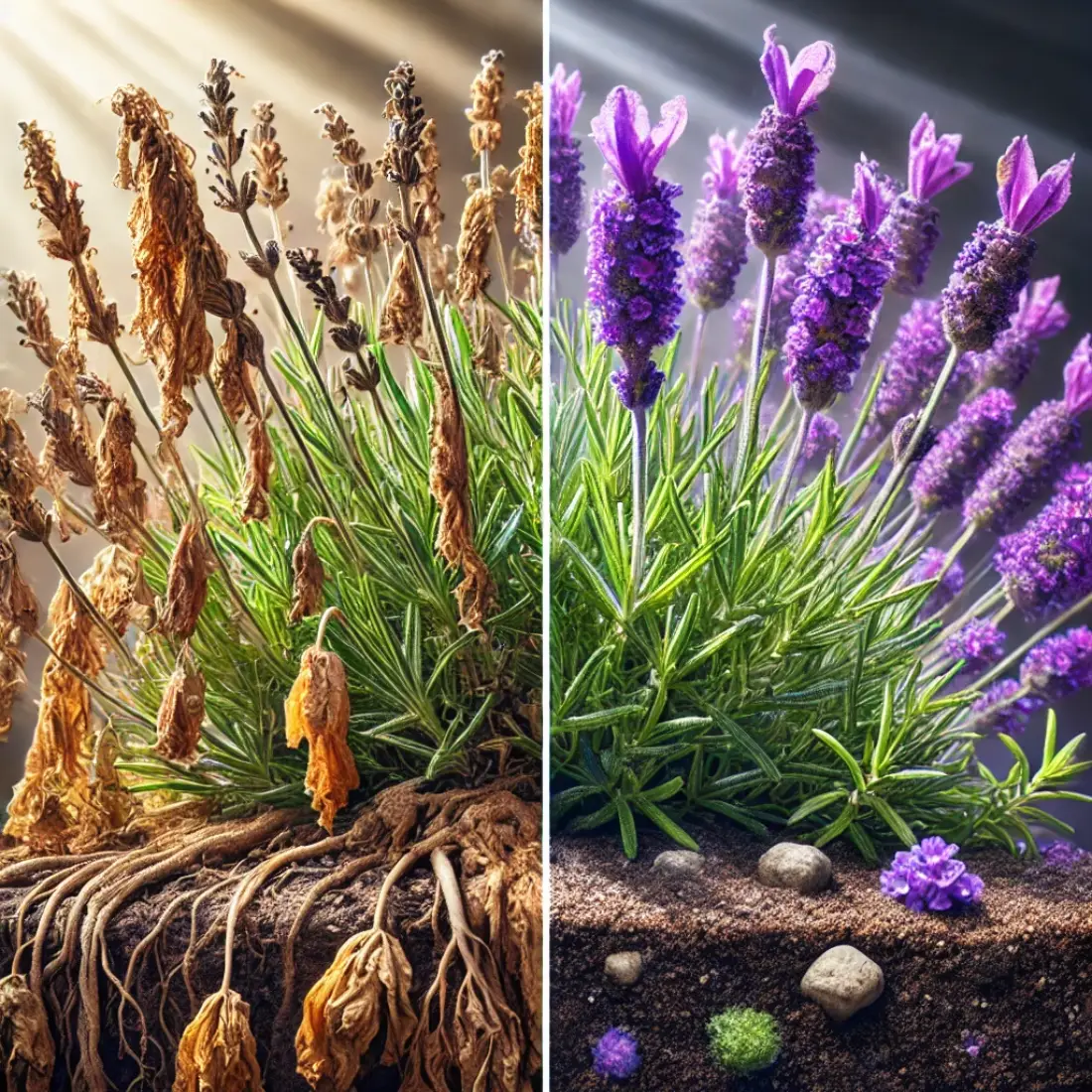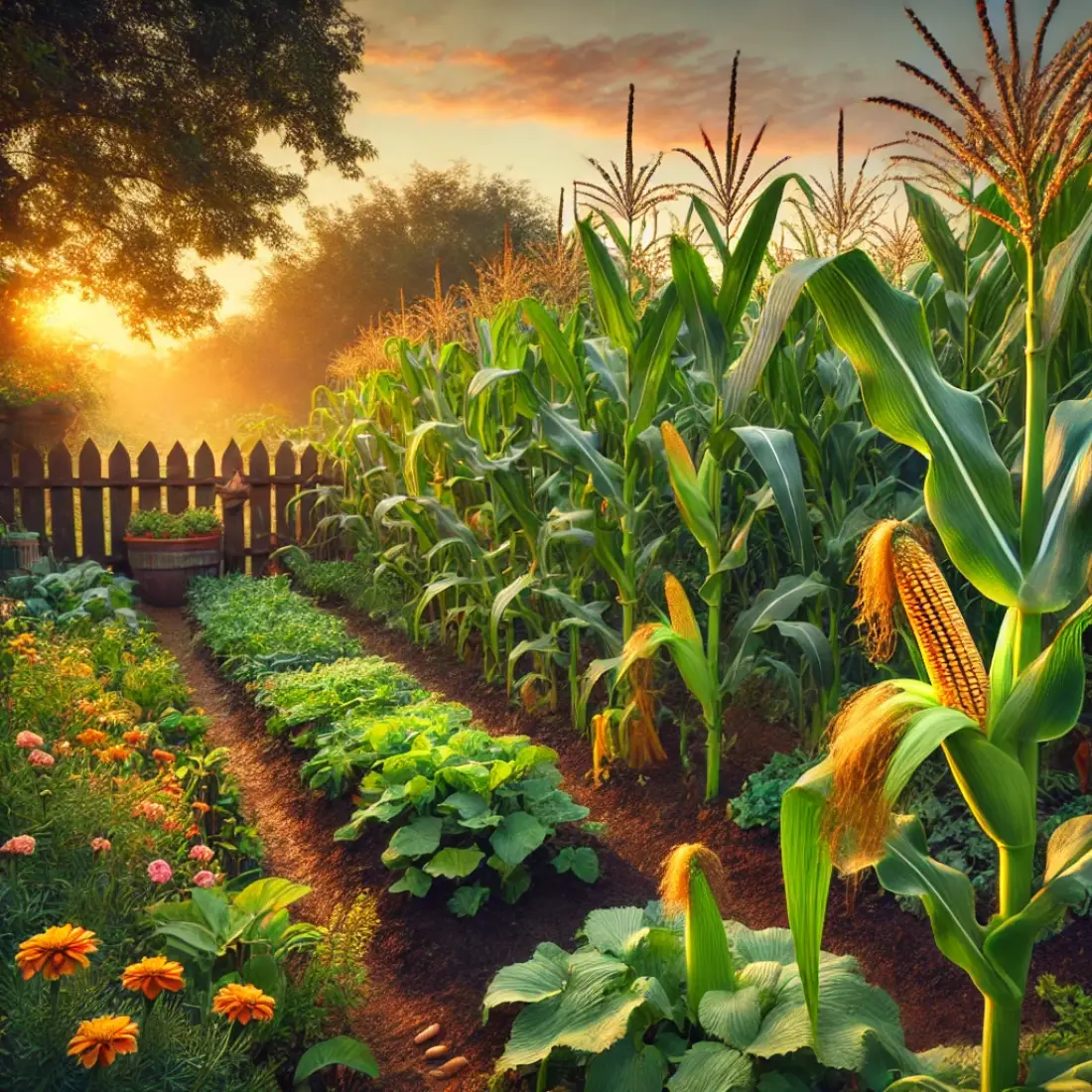Using organic fertilizers in the fall is a powerful way to enhance soil health and boost long-term fertility. Fertilizing in autumn allows nutrients to break down over winter, improving soil structure and supporting a thriving ecosystem of beneficial microorganisms. By spring, your garden will be ready for planting with nutrient-rich soil. In this guide, we’ll explore how to effectively use organic fall fertilizers for a healthier, more productive garden.
- Organic fertilizers naturally improve soil structure and fertility.
- Fall is the ideal season to apply fertilizers for long-term benefits.
- Nutrients decompose over winter, preparing the soil for spring planting.
Why Fall is the Perfect Time to Use Organic Fertilizers
Fall provides an optimal environment for applying organic fertilizers due to cooler temperatures and increased soil moisture. During this time, the decomposition process is slow and steady, allowing nutrients to be fully integrated into the soil by the time spring arrives. By applying organic fertilizers in the fall, your soil will be better equipped to support strong, healthy plant growth in the next growing season.
Moreover, applying fertilizer in fall reduces competition with weeds. As weed growth slows, your fertilizer can fully nourish the soil without interference. By enriching the soil throughout the winter months, you’re setting up your garden for success in the spring.
Advantages of Organic Fertilizers Over Synthetic Options
Organic fertilizers offer numerous benefits over synthetic alternatives, particularly for the environment and long-term soil health. Here’s why organic fertilizers are the superior choice:
- Improved Soil Structure: Organic matter like compost and manure enhances soil aeration and water retention, preventing soil compaction.
- Supports Soil Biodiversity: Organic fertilizers promote the activity of earthworms and beneficial microbes, both essential for nutrient cycling. These organisms break down organic materials naturally, making nutrients available to plants.
- Slow-Release Nutrients: Unlike synthetic fertilizers that offer a short-term nutrient boost, organic options decompose gradually, providing consistent nourishment for your plants.
For gardeners looking to foster a more sustainable and healthy ecosystem, organic fall fertilizers are the clear choice.
Best Types of Organic Fall Fertilizers
Several organic fertilizers can be applied in the fall to significantly boost soil fertility. Let’s look at the most effective options:
1. Compost
Compost is rich in essential nutrients and improves soil structure. It can be homemade or purchased from garden centers and contains decomposed organic materials like food scraps, leaves, and yard waste.
2. Manure
Manure, especially from cows or chickens, is rich in nitrogen, phosphorus, and potassium. Fall is the ideal time to apply manure, as it allows time for it to decompose and release nutrients into the soil by spring.
3. Cover Crops
Planting cover crops like clover or rye during the fall adds nitrogen and improves soil structure. These “green manures” protect the soil from erosion and nutrient loss throughout the winter months.
4. Bone Meal
Bone meal is high in phosphorus, promoting strong root growth. It slowly breaks down, releasing nutrients into the soil over several months, making it an excellent choice for fall fertilization.
5. Leaf Mulch
Shredded leaves can be used as mulch to add organic matter to your soil. As leaves break down over the winter, they release nutrients and improve soil structure.
How to Apply Organic Fall Fertilizers
To maximize the benefits of organic fall fertilizers, proper application is key. Follow these steps to ensure your soil gets the nutrients it needs:
- Soil Testing: Before applying fertilizer, conduct a soil test to determine your garden’s nutrient needs. This will help you choose the right fertilizer and avoid over-fertilizing.
- Fertilizer Application Techniques:
- Evenly spread your chosen fertilizer across the garden beds or lawn.
- Lightly till the soil to mix the fertilizer in, but don’t disturb it too deeply.
- Water the soil lightly after applying fertilizer to help nutrients absorb.
- Composting Directly into Soil: If you don’t have a compost pile, try trench composting. Bury kitchen scraps directly into the soil in fall, and they will decompose by spring, enriching the soil with nutrients.
The Winter Decomposition Process
One of the key advantages of applying organic fertilizers in fall is the time it allows for decomposition. Over the winter months, microbes in the soil break down organic matter into valuable nutrients that support plant growth. Earthworms and other soil organisms also play a crucial role in this process, aerating the soil and distributing nutrients as they consume organic materials.
By the time spring arrives, your soil will be rich with microbial life and well-prepared to nourish your plants.
How Organic Fall Fertilizers Enhance Soil Health
Organic fertilizers provide several long-term benefits to soil health, including:
- Increased Microbial Activity: Organic fertilizers promote the growth of beneficial microbes, which break down nutrients and improve soil fertility.
- Enhanced Soil Structure: Organic matter loosens compacted soil and improves water retention, creating a healthier environment for plant roots.
- Improved Earthworm Populations: Earthworms contribute to soil aeration and nutrient cycling, leading to healthier soil and plants.
Common Mistakes to Avoid When Using Organic Fall Fertilizers
While organic fertilizers are generally easy to use, be mindful of these common mistakes:
- Over-Fertilization: Too much fertilizer can lead to nutrient imbalances and harm plants. Follow recommended application rates.
- Timing: Don’t apply fertilizers too late, especially if the soil has already frozen. Nutrients won’t be absorbed effectively in frozen soil.
- Using Poor-Quality Compost or Manure: Ensure your compost is fully decomposed. Unfinished compost can deplete the soil’s nitrogen as it continues to break down.
Organic Fertilizer Comparison: Pros and Cons
Here’s a quick comparison of popular organic fertilizers:
- Compost vs. Manure: Compost is easier to make and improves soil structure, while manure has higher nitrogen content but requires careful application to avoid nutrient leaching.
- Bone Meal vs. Leaf Mulch: Bone meal provides a long-term phosphorus boost, while leaf mulch adds organic matter and protects soil during winter.
- Cover Crops vs. Store-Bought Fertilizers: Cover crops are cost-effective and improve soil health, while store-bought fertilizers offer specific nutrient formulas.
Using organic fall fertilizers is a sustainable, eco-friendly approach to improving your soil’s health and fertility. By applying compost, manure, or other organic materials in the fall, you give your garden a nutrient-rich start for the next growing season. Start planning your fall fertilization strategy now to enjoy a more productive and vibrant garden come spring.
FAQs About Organic Fall Fertilizers
How often should I apply organic fall fertilizers?
Once in the fall is sufficient. The nutrients will decompose over winter, preparing the soil for spring.
What is the best organic fertilizer for vegetable gardens?
Compost and well-composted manure are excellent choices as they provide a balanced range of nutrients.
Can I use kitchen scraps as fertilizer in fall?
Yes, but it’s best to compost them first to avoid pests and ensure they decompose properly.

